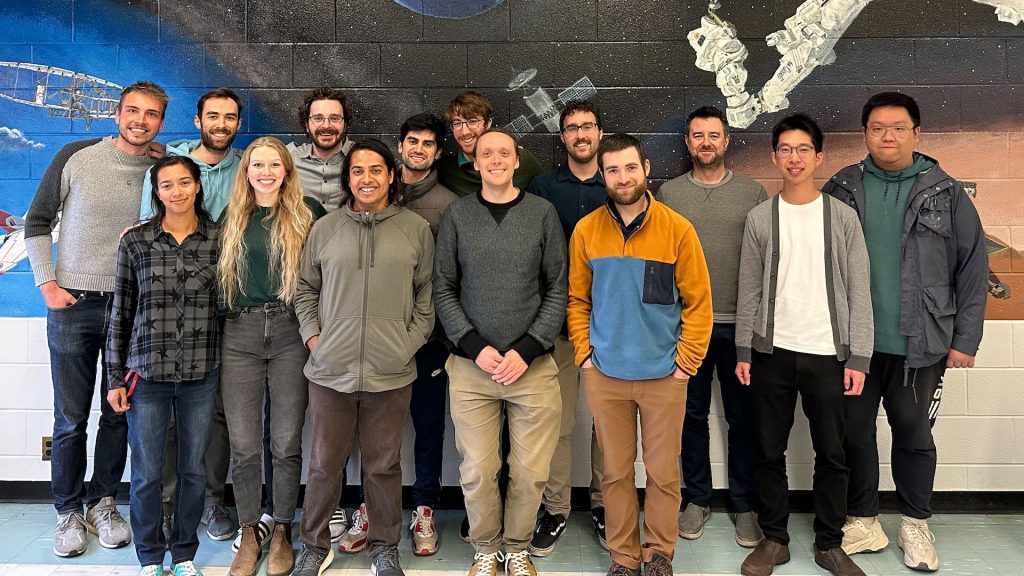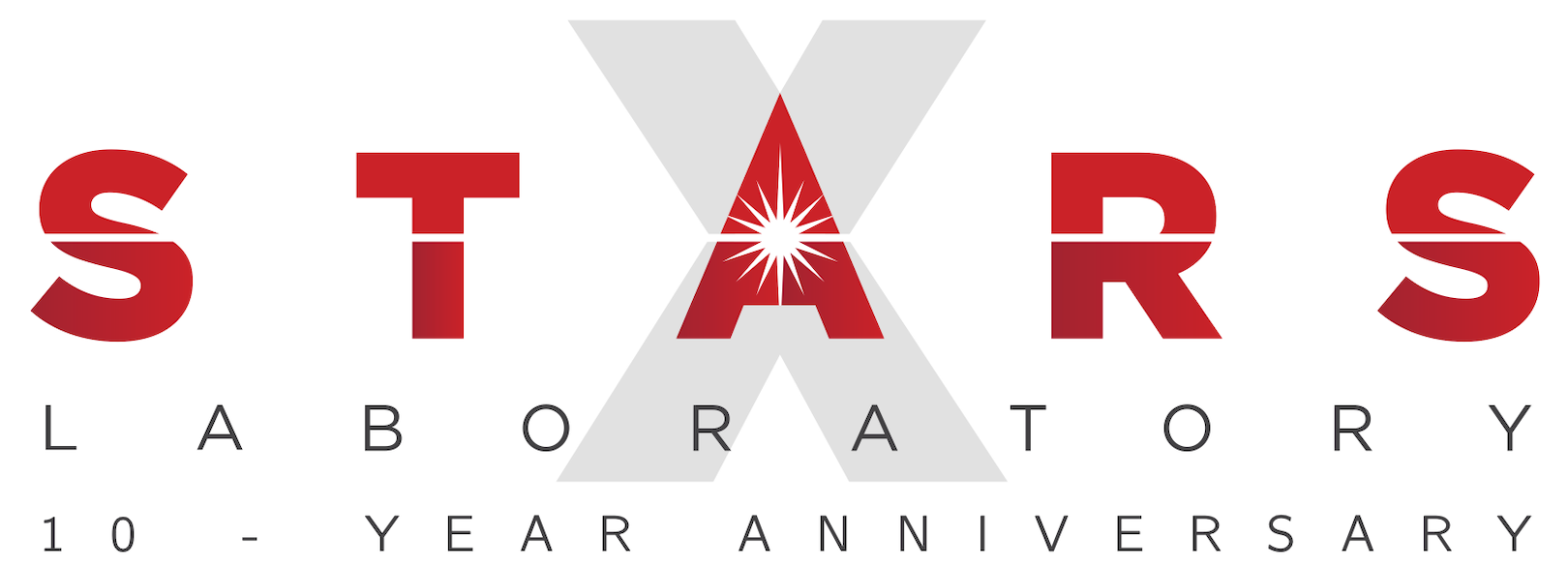
The STARS Laboratory regularly recruits new students and researchers who are interested in exploring fundamental problems related to perception for robot systems. Members of our research team come from a variety of backgrounds including aerospace, computer, electrical, and mechanical engineering maths, and physics.
We are an interdisciplinary and multidisciplinary group working on theoretical and practical aspects of robotic technology, with a strong emphasis on experimental evaluation. Students in the group typically have solid training in mathematics and substantial experience with one or more of: C++, Python, MATLAB, and the Robot Operating System (ROS). Our goal is to produce results that are theoretically novel and practically relevant (useful in the real world). If this approach matches your interests, please look for more information about our research on our projects page and review our recent publications.
Our goal is to promote a fully inclusive, equal-opportunity research environment, in which students can thrive. We accept students into our program regardless of their race, age, colour, religion, national origin, disability, sex, sexual orientation, or gender identity.
Applications from talented and enthusiastic prospective students are always welcome. Individuals interested in joining our group should follow the standard departmental application procedure; please indicate ‘Space & Terrestrial Autonomous Robotic Systems’ as your main research interest. Note that students who are interested in joining the STARS Laboratory must apply to an Aerospace Studies program – although Prof. Kelly is cross-appointed in the Department of Computer Science, direct hiring is through Aerospace only.
Students are encouraged to apply for external scholarships through NSERC, the Ontario Graduate Scholarship program, or through the appropriate funding agencies in the country of origin. We look forward to receiving your application! We are actively seeking postdoctoral researchers with the experience in the broad areas of computer vision, machine learning, state estimation, optimization, and mobile manipulation. Candidates must have a significant publication record in top-tier journals and conferences. For more information on postdoctoral positions, please contact Prof. Kelly directly. In your contact email, please mention if you have your own funding source(s). Funding for postdoctoral researchers may be available through the NSERC Postdoctoral Fellowship program, the Mitacs Elevate program, the Banting Postdoctoral Fellowship program, and other national and international programs. Note that, in some cases, the application process for these programs is collaborative – ample time is required before the deadline to assemble a competitive application.
The Laboratory regularly hosts undergraduate students during the academic year and over the summer. We emphasize student involvement in ongoing research projects – our goal is to fully integrate undergraduates into our research team. Students should contact Prof. Kelly via email to inquire about available positions – please include a copy of your CV, transcript, and a short writeup indicating which projects are of interest and why. Note that the majority of opportunities are limited to University of Toronto undergraduate students in the Engineering Science program; EngSci students may apply for funding through the NSERC USRA and ESROP award programs.
We are interested in hosting exchange students and short-term visitors for periods from 6 to 12 months. Visitors usually work on existing Laboratory research projects, although in some cases joint and individual projects may be organized. If you would like to visit, please contact Prof. Kelly via email and include your CV and details about what type of position you are seeking. Funding for visits can sometimes be provided through, for example, the Mitacs Globalink program.
